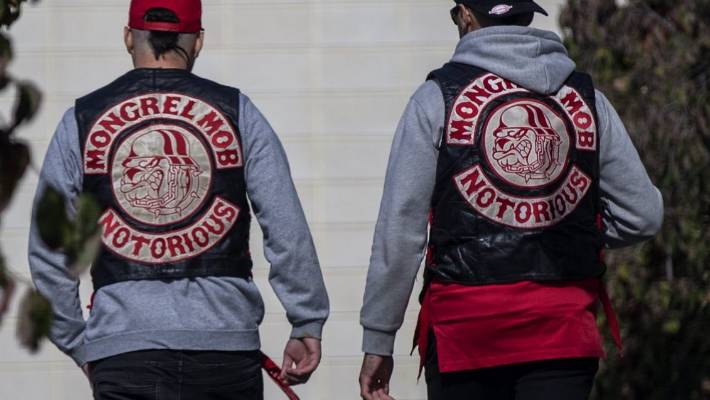The sister of a man tortured and killed by Mongrel Mob members decades ago say it’s offensive to see them trying to sell themselves as reformed people taking a stand against violence and abuse.
What Waikato Mongrel Mob president Sonny Fatu and his club associates did to her brother Keith Adrian Cochrane in 1987 was beyond redemption, said the woman, who did not want to be named.
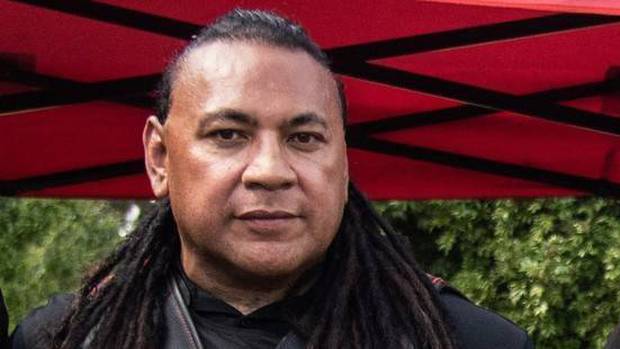
Sonny Fatu says he has served his debt to society and is a “completely different man” to what he was 33 years ago when he was convicted of manslaughter.
Fatu and six other men were convicted of manslaughter and sentenced to six years’ jail.
But Fatu said he has served his debt to society, was a “completely different man” to what he was 33 years ago, and that the change he is now seeking is the best expression of his ongoing remorse.
He also said he hoped for a restorative justice process with the Cochrane family.
His response follows simmering tensions in Tauranga – including suspicious fires and tit-for-tat shootings – between the Mongrel Mob and the Mongols, many of them “501s” deported from Australia, which has prompted police to hold peace talks between the clubs.
Five children were inside a residential home linked to the Mongrel Mob that was hit with nearly 100 bullets. Police believe the attack could be retribution by the Mongols for a fire that the Mongrel Mob is thought to have started.
Fatu has been vocal in his attempts to reform the Mongrel Mob over the last two years, including an unusual peace deal with rival club Black Power and taking a stand against domestic violence, child abuse and addiction to drugs and alcohol.
Last October Detective Sergeant Ray Sunkel, head of the police motorcycle club unit, said in a conference that the Mongrel Mob was evolving but not at a fast enough pace.
‘You wrecked my family’
But Cochrane’s sister told the Herald that Fatu’s public attempt at reform was offensive.
“There’s Sonny Fatu saying, ‘We’re misunderstood, we’re good people,’ and I was sitting there thinking, ‘No, you’re not. You wrecked my family.’ It’s frankly offensive to the families and the victims.
“They tortured my brother. They stubbed out cigarettes on him. [Mob member and convicted criminal] Shane Harrison was going to cut out the muscles in his arm.
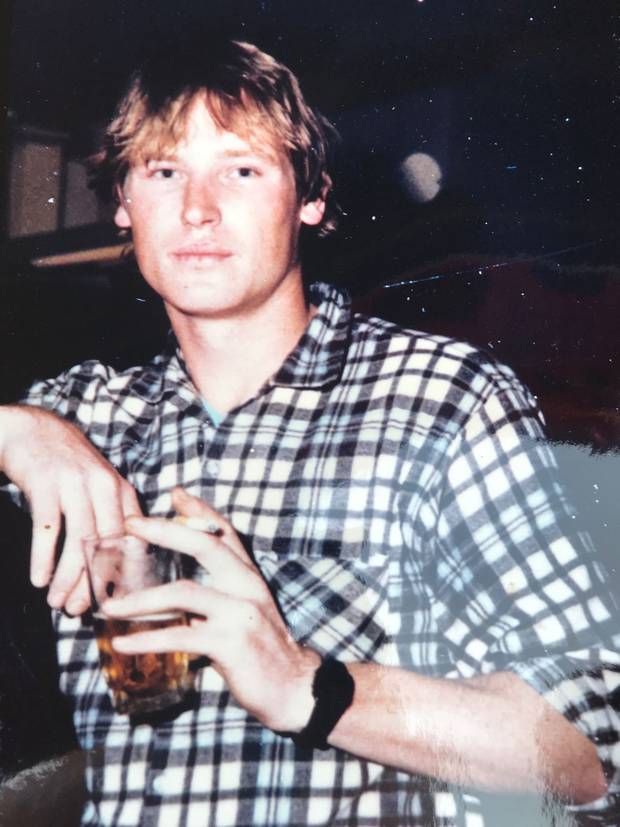
“What they did to him was animal-like.”
Cochrane, 22, died in Waikato Hospital in November 1987 from injuries inflicted during a prolonged beating, court documents say.
Fatu, aged 21 at the time and acting president of the Mongrel Mob, was one of seven men found guilty of manslaughter.
Police and the prosecution were unable to establish who had inflicted which wounds, and that was partly why they were not charged with murder.
“The medical evidence shows that he suffered an extremely brutal and prolonged beating,” court documents say.
“He had broken bones (ribs and a leg), lacerations to his body inflicted by slicing by a sharp instrument, other splitting of the skin, some of it down to the bone, caused by blows by a blunt instrument, burn marks on his hands, marks on his ankles indicating that his feet had been tied together by a rope, bruising all over his body from head to feet; and he had sustained repeated blows to the head from a blunt instrument.
“His death was caused by cerebral oedema (brain swelling) from these blows. It is apparent that he was tortured.”
Sentencing notes say that Cochrane’s hands were burnt with 15 cigarette butts or lighters, or both.
The motive for the attack was unclear, though court documents suggest that it may have been drug-related.
The woman said her brother’s death had ripped the family apart.
“My sister ended up moving to Australia and never came back. My father became an alcoholic. He wasn’t much use to anyone. And my mum went on this massive crusade for victims’ rights and tougher sentences for violent crimes, which is a huge legacy but the whole family is fragmented.”
She said Fatu added insult to injury by telling the family following Cochrane’s death that he would find the culprits.
“Sonny was in contact with my mother. They all came to the funeral, every single one of them involved in killing my brother. They gave my mum a hug, shook my father’s hand, and at the end they filled in his grave.
“Some people are just beyond redemption. Sonny likes to gloss over this by saying it was a long time ago, but it’s not in the past for the families.”
She said Cochrane wasn’t a saint and had been staying at Fatu’s house, and after he was killed, Fatu told the family that he would find the culprits.
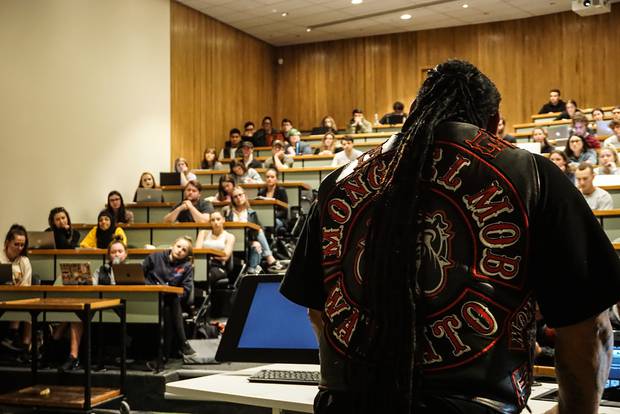
She was equally unimpressed with the Mongrel Mob standing guard at the local mosque in Hamilton following last year’s March 15 terrorist attack.
“I just don’t think they should have a right to hold themselves out as great citizens who stand guard at the mosques. Bullshit. That’s offensive.”
Fatu responds: ‘I served my time’
Fatu said the best way to be remorseful was to change club culture.
“Thirty years ago, I was a completely different man to who I am today. I was immersed in a culture where club violence was normalised, within an environment of hyper-masculinity.
“How do you find the words to convey how remorseful you are? The best apology for anyone is change, and change I have made, change to myself, fundamental change to club culture, conduct and ideologies.”
He said he was not without faults, and the test was whether he learned from his mistakes.
“I served my time and debt to society, and no sentence that I was given could ever be as harsh as the life sentence I gave myself due to death of someone I once called a friend.
“For the Cochrane family, holding on to these hurts may provide an opportunity I hope for a restorative justice process to address the trauma and hurt they have suffered.”
National weighs in
National Party leader Simon Bridges said that Fatu’s attempts to reshape the image of the Mongrel Mob was “grandstanding”.
“Sonny Fatu has tried to paint himself as a community leader. The reality is, he’s a violent convicted criminal.
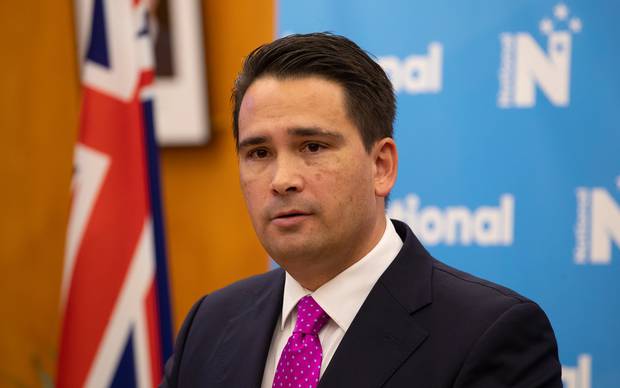
“His constant grandstanding is causing distress to his victims. The clubs can hire all the spin doctors they want, but it won’t change the fact that they are violent drug-dealing thugs.”
Bridges is working through the party’s proposals, including a special police unit to tackle clubs, and plans to hold a public meeting about gangs on February 27 in his electorate of Tauranga.
Fatu has pushed back on National’s law and order discussion document, calling it dog-whistle politics.
But Bridges rejects this.
“This is about dealing with a crisis I predicted and that is getting worse. We do need to crack down on gangs, not simply for any political gain, but like a cancer the problem will continue to grow.”
Make Sure You are Subscribed to our Facebook page!
Source: NZ Herald
